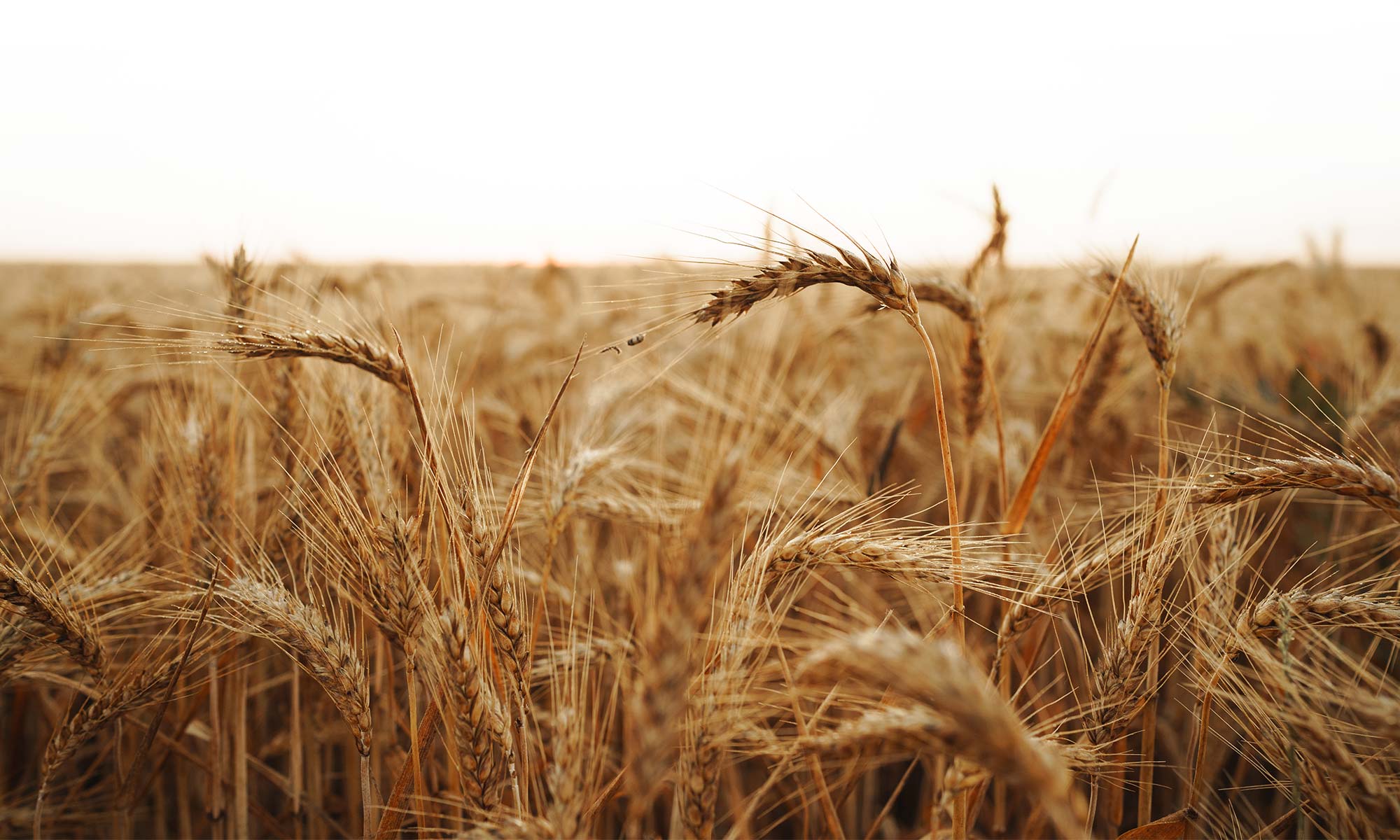Webinar in Sweden on the 4th of May as a part of the Rural Week held in Sweden during this week. At the webinar we had four speakes and 46 attendants.
Professor Göran Bergkvist at the Swedish University of Agricultural Sciences started with a lecture on weeds in sustainable cropping systems. He underlined that most cropping systems today are not sustainable. It is common with winter wheat dominated rotations, where herbicide resistant weeds are enumerated. In Sweden, we had very good crop rotations up to the 70-s, but then agriculture began to be more and more specialized.
Forage crops are important to re-introduce and the ways to solve this could be to spread the ruminants more evenly, now they are concentrated to certain regions, and increase the use of cover crops and perennial crops for industrial and biogas uses. He also pointed out that reduced tillage practices in combination with delayed seeding could diminish the weed problems. The weeds are then made to germinatate and they aret hen destoyed by a an extra cultivation before seeding of the crop.


After that Agneta Sundgren, plant protection expert at the Federation of Swedish Farmers – LRF gave a talk. She works primarily with horticultural crops and is engaged in a project with the aim of reducing the use of pesticides. The LRF members are also very well aware that they need to reduce the pesticide use. One important reason for this is that the number of available substances is diminishing and new active substances are very seldom introduced.
However, the problems for growers is that a number of new techniques are being presented all the time, and it is difficult to choose the right solutions. Most also needs major investments.
An interesting technique that has been successfully tried is the patch spraying with the Norwegian Kilter robot. She mentions also delayed seeding also for horicultural crops. One could burn the weeds after emergence and just before seeding of the crop and thus reduce the weed competion substantially. Agneta thinks that we cant totally live without herbicides any time soon, but find different ways to reduce the use. Unfortunately, trials with less toxic common available substances such as acetic acid sand vinegar were not successful.
After this, Thomas Börjesson shortly introduced the Oper-8 project and some solutions that are being worked with within this project, such as the electric weeding technologies.

Last but not least, Kristian Jochnick at the County Administrative Board in West Sweden talked on the topic precision farming solutions for reducing the use of herbicides. First he mentioned the new fascinating solutions where for instance glyphosate can be spread site specifically using drones, reducing the use of the herbicides to a fraction of what is used traditionally. However, there are still question marks on how the target areas will be reached and the permissions need to be in place.
Meanwhile a lot can be done by for instance use equipment that compensate the spreading of pesticides according to wind conditions. A lot can also be gained by simple controlling and adjusting the equipment prior to use. Kristian also remarks that it might be a tought task for us in Sweden to meet the Green Deal demands on halving the use of pesticides by 2030, since we already use very little, only 0,64 kg active substances/ha.






